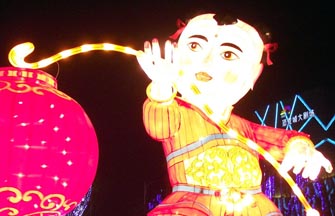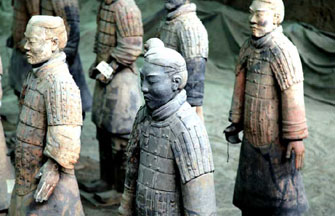'Music is my magic'
By Chen Nan ( China Daily ) Updated: 2014-12-30 07:13:09
"Why don't young people listen to traditional Chinese music anymore? Because it's really boring. I hope to spread the exciting energy to the audience through my music. Don't underestimate the audience, especially the young people. I believe they will get it," she says.
In the 1980s, Liu and her classmates, including Tan Dun, Chen Qigang and Guo Wenjing, became the first generation of Chinese composers to be recognized by Western audiences. Liu was one of the most rebellious students.
Instead of composing classical symphonic music, Liu tried to escape the academic restraints and compose for opera, modern theater and contemporary dance.
After graduating from the Central Conservatory of Music in Beijing with a degree in composition in 1983, she first broke into the spotlight with a novella titled You Have No Choice. Depicting a group of frustrated music students, the award-winning novella was described by critics as "reckless and restless" and "far from Chinese social reality".
"The 1980s were romantic ... it was easy to stand out and be avant-garde then. As for the early fame, I think it was totally accidental. I didn't take it seriously," Liu says.
The success of the novella pushed Liu to further pursue her musical career. In 1987, she visited the United States, where she met and worked with many jazz and blues musicians. She later released albums in the US, such as Blues in the East and China Collage, which introduced her unique style to international audiences.
"I lived in New York, London and Berlin. Academic musicians were not my targets. I was much more interested in the local independent musicians, who taught me how to improvise and how to build a music world with freedom," Liu says. "You can never learn that knowledge in music schools."
|
|
|
|
|
|
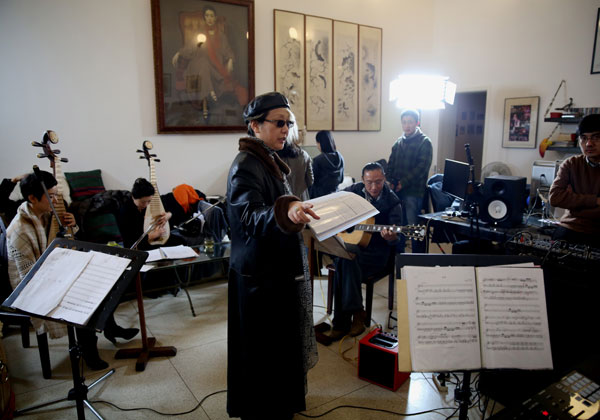

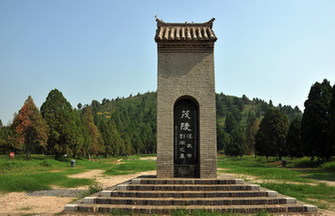

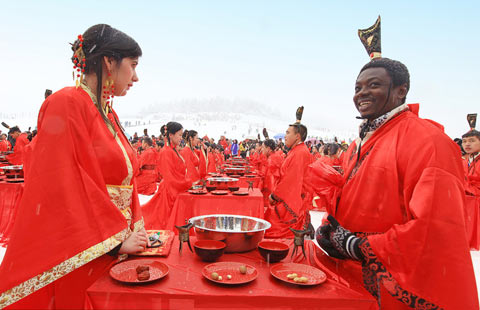
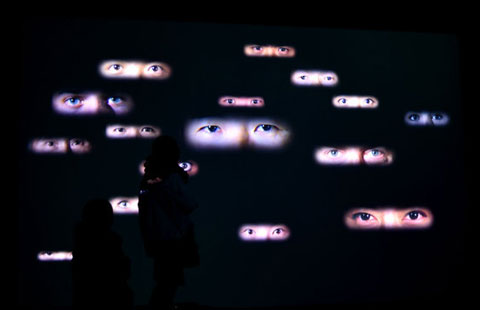
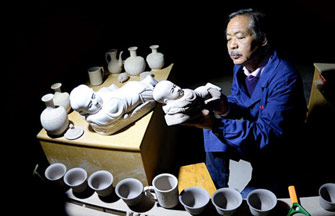
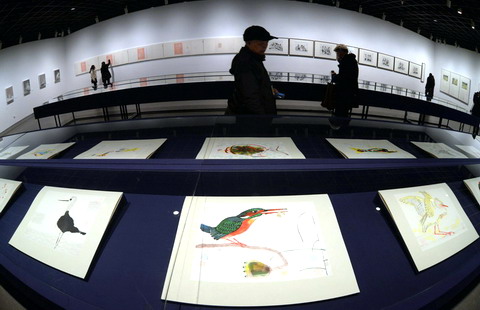

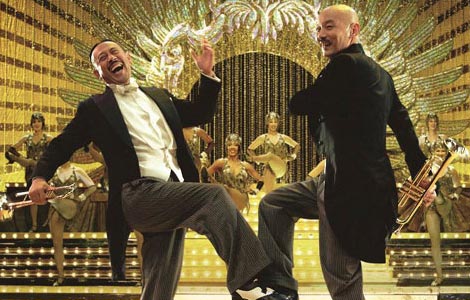









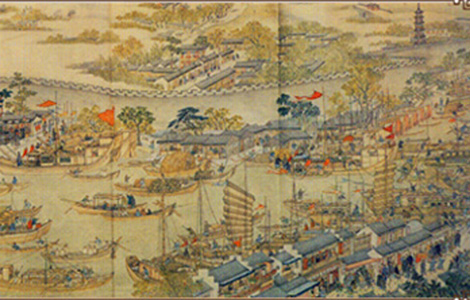
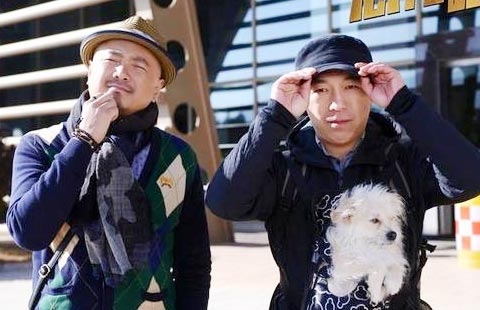



 Raymond Zhou:
Raymond Zhou: Pauline D Loh:
Pauline D Loh: Hot Pot
Hot Pot Eco China
Eco China China Dream
China Dream China Face
China Face
